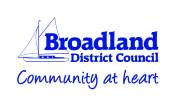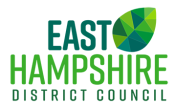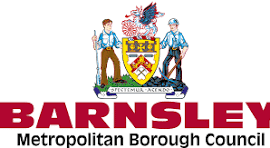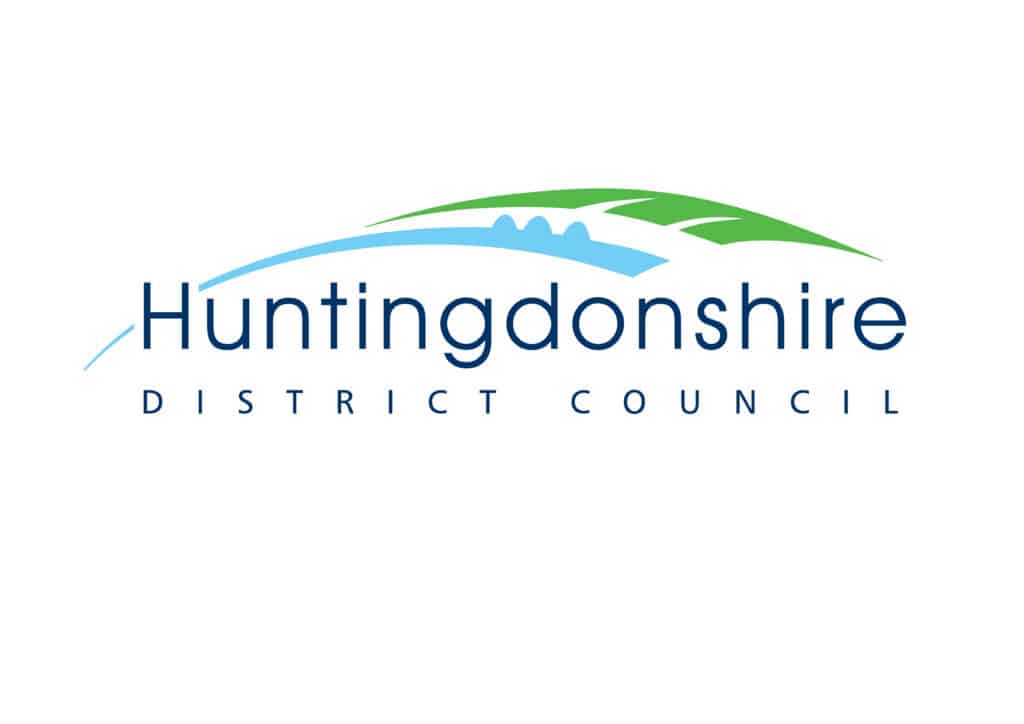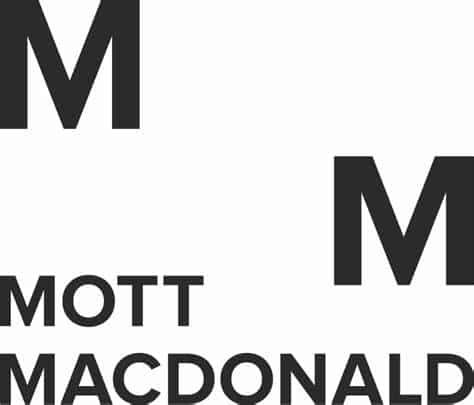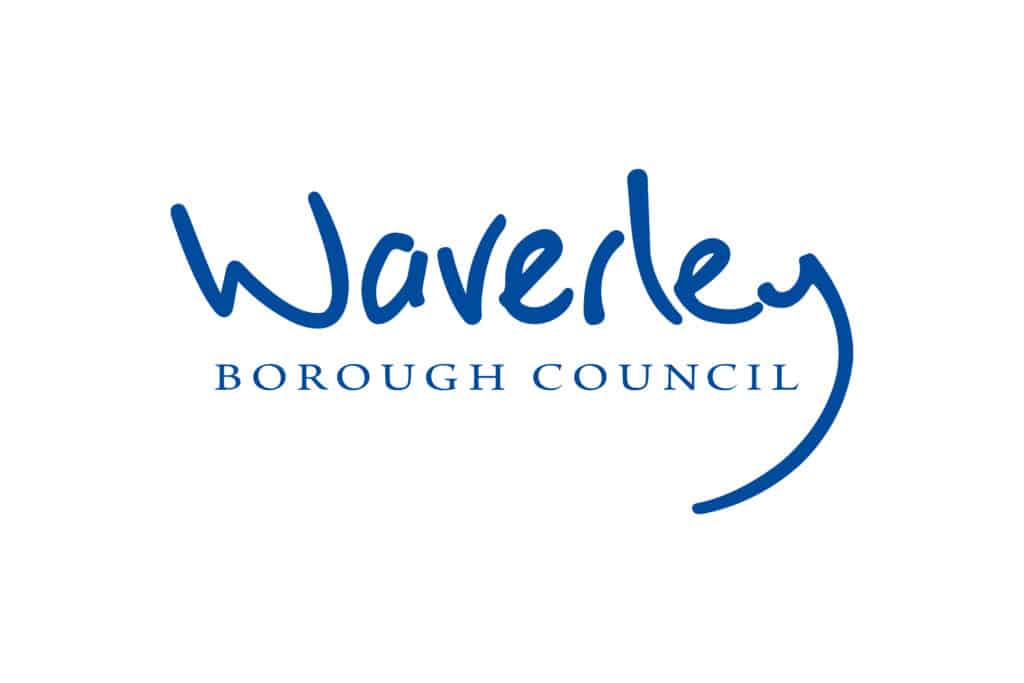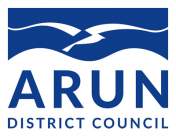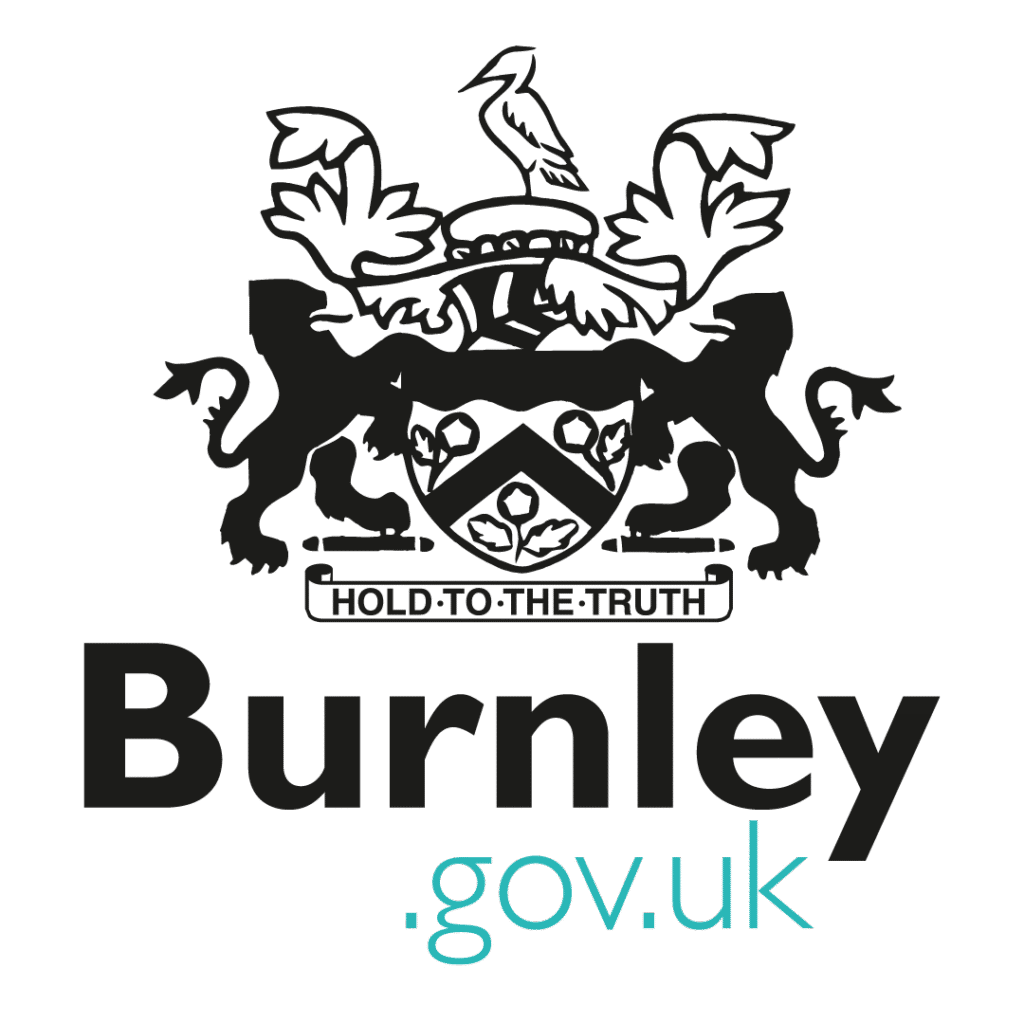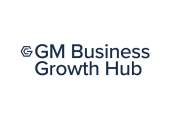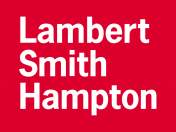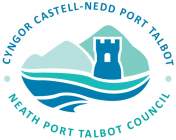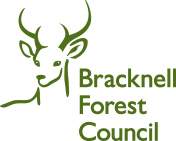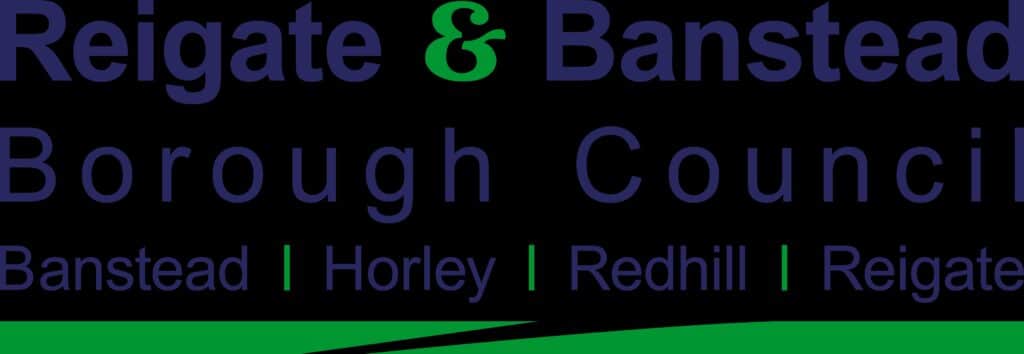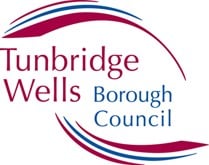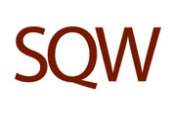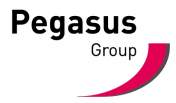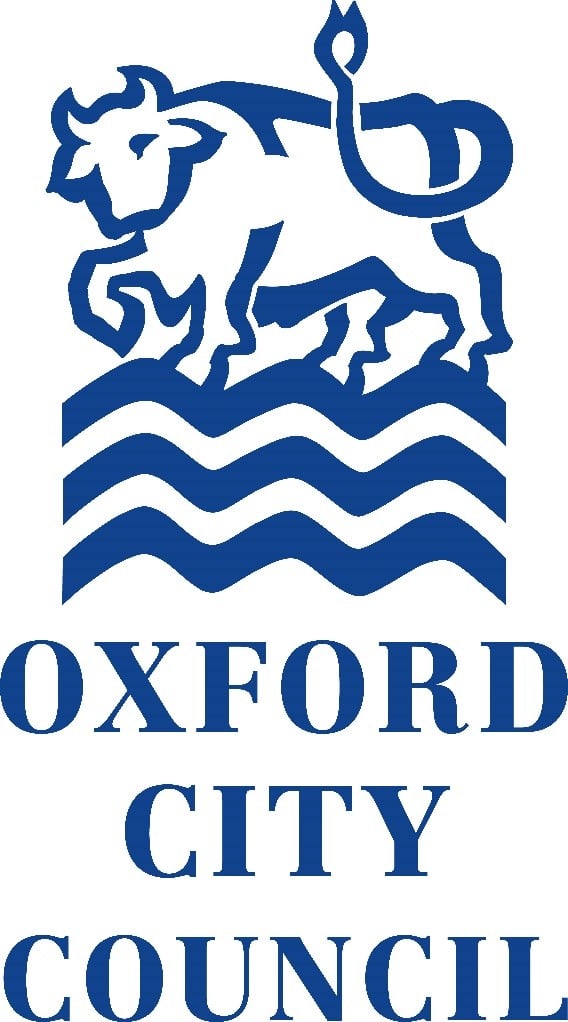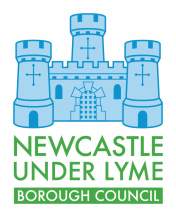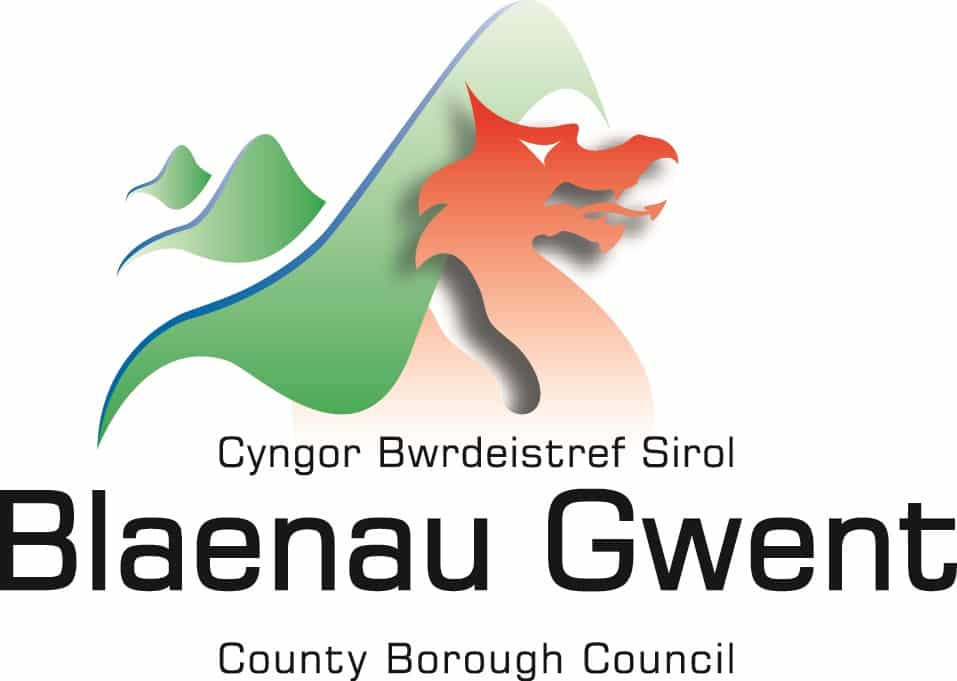Membership
Membership of the Institute is available to individuals and organisations working within Economic Development in its widest sense. If you or your organisation has a role in enterprise promotion, business support, inward investment, employability, regeneration, neighbourhood renewal, planning, town centre management, tourism promotion or any other field of general economic development there will be a level of membership for you.
Membership of the Institute of Economic Development establishes your professional standing as an economic development practitioner and you will be entitled to use the relevant designation after your name as a mark of your professional knowledge and expertise. We set high standards and all members are expected to observe our Code of Ethics and Code of Professional Conduct.
Browse our membership brochure below
Key benefits of membership at any level are:
- Be recognised as a member of the one Institute that acts for the profession
- Gain MiED/AiED designation after your name as a mark of professional knowledge and expertise. This can help with your professional standing, career development and in gaining employment
- Express your views and get your voice heard at a regional and national level - via iED involvement in government consultations and lobbying work
- Gain access to a national and regional network of fellow professionals to share ideas and best practice
- Enjoy significant discounted rates for our CPD events
- Enjoy significant discounted rates for the annual national conference
- Get access to ‘Jobs Board’ which is a tailored recruitment service for the profession and which has significant discounts for members to advertise
- Receive regular updates on economic development news and events through the iED website and the monthly e-Bulletin to be well informed on all the issues affecting the Profession
- Opportunities to publish articles to the iED website and Bulletin
- Gain access to detailed documentation on professional standards for the profession with a free copy of the ‘Excellence in Economic Development’ Toolkit
- Gain access to a searchable membership directory
- Gain entry into a consultants directory which is publicly available on our website – this is often used by organisations seeking to issue tenders to economic development consultancies
Apply for iED Membership
Membership is available to individuals and organisations working within economic development.
Watch: Benefits of Membership with the iED
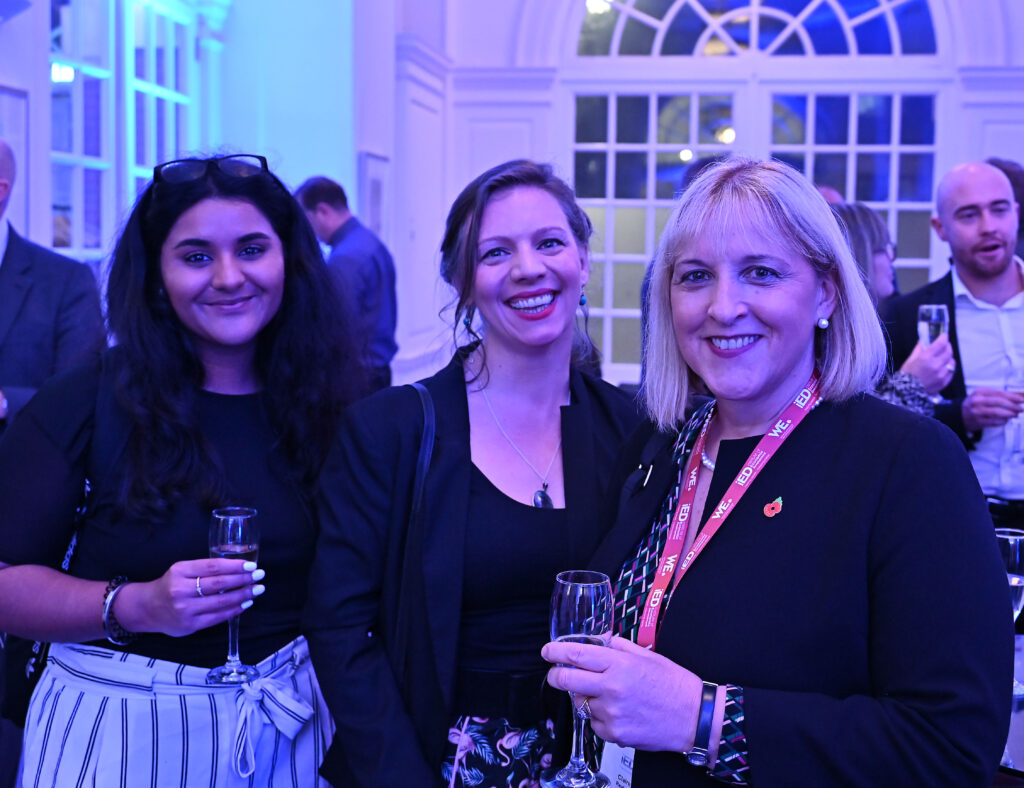
Membership Brochure
As the UK’s leading independent professional body representing economic development and regeneration practitioners working for local and regional communities, we focus on providing excellent services for our members and on championing the profession. If you choose to join the iED, you will have access to a wide range of benefits from accredited training and ongoing CPD to our latest news, events and resources. There are also many opportunities to get involved with our community and support your profession. We are delighted to bring this all together in the form of a new Membership Brochure.
Click on the pdf to access our brochure titled, Explore iED membership and ways to engage with our community.
Organisation Members
Organisation Membership is our fastest growing segment with organisations taking advantage of the unlimited number of individual memberships this allows, enabling many more colleagues to access valuable learning and networking opportunities.
Arup and Lichfields benefit from our Organisation Partner status.
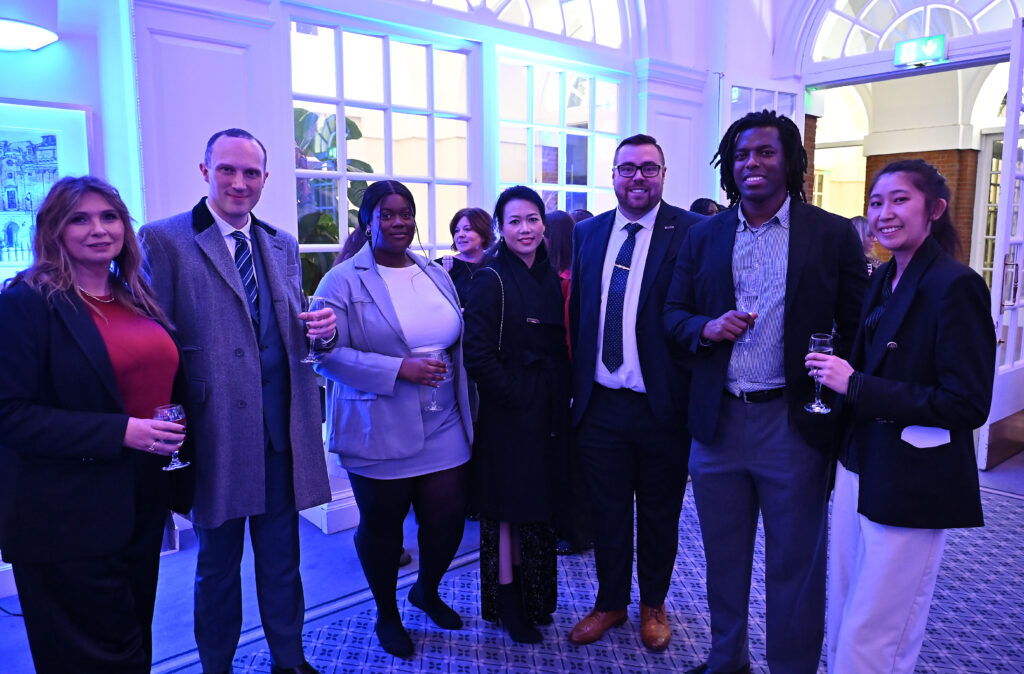
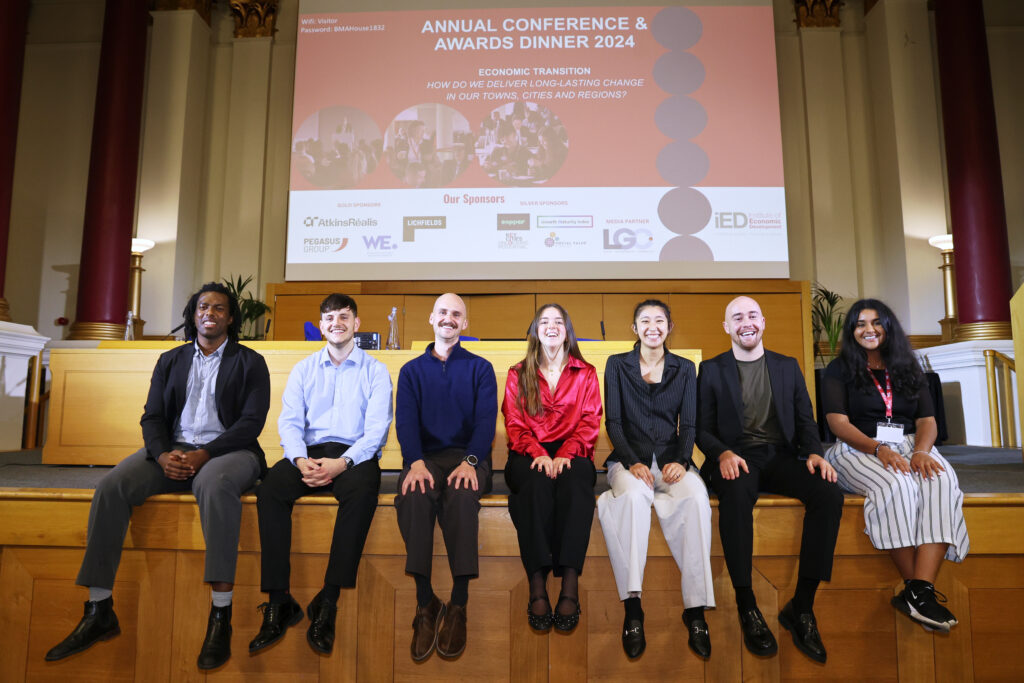
iED Early Career Network
The Early Career Network aims to provide a platform for early career professionals in economic development to connect and collaborate, create resources for career advancement, and expand membership through social media marketing. Benefits include networking events, access to resources, personal branding, industry insights, and potential business partnerships or career opportunities. Current communications channels include a WhatsApp group and is limited to current iED members. For more information contact Micaela Benvenuto at mbenvenuto@regionaldevelopment.co.uk. There is also a LinkedIn (https://www.linkedin.com/groups/9581970/) group chat, which is open to non iED members.
Consultants Directory
The iED Consultants Directory is an online searchable directory of services provided by our Consultant members. The objectives are:
- To assist organisations wishing to use the services of an economic development or regeneration professional to find the most appropriate to their needs
- To enable Consultancies that employ or are owned by iED Members to showcase their skills and expertise to the range of economic development and regeneration organisations
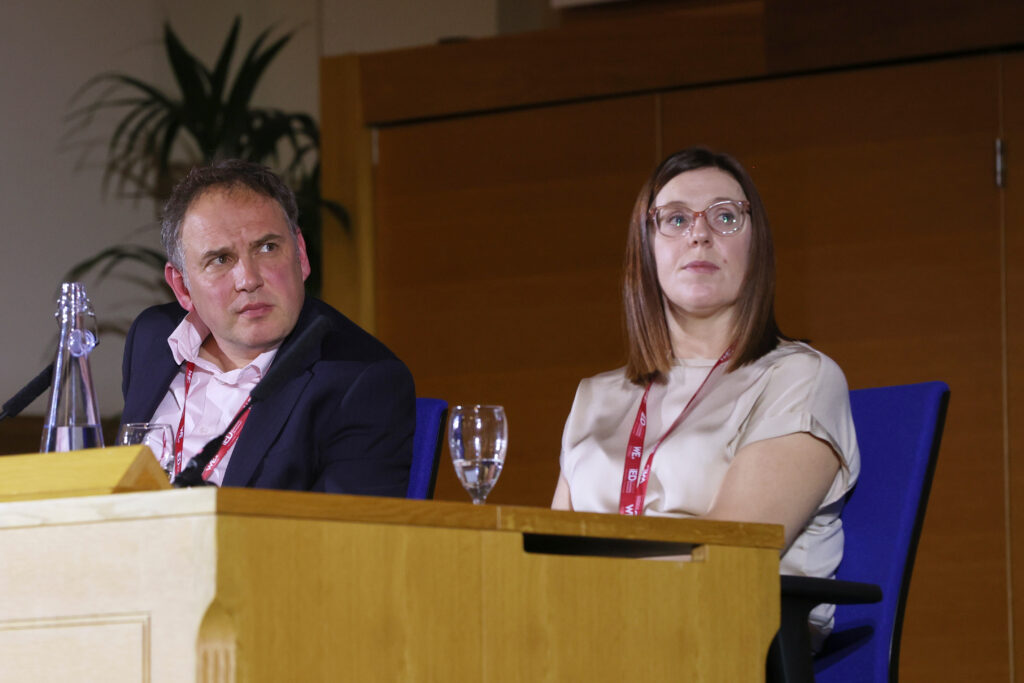
Sign up for the monthly iED Bulletin
Stay up to date with our latest news, events, bulletin, and new opportunities.



